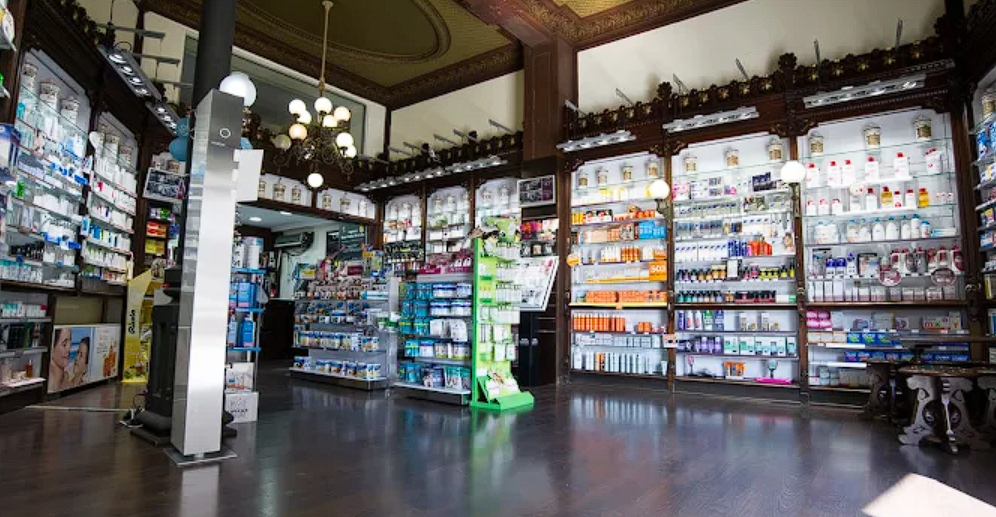Women, Non-Binary Individuals, and Transgender Men to Collect Free Reusable Menstrual Products in Catalonia Starting Monday.
Others are reading now
Starting next Monday, March 4, pharmacies across Catalonia will commence the distribution of reusable menstrual products, a groundbreaking initiative announced last year by the Government of Catalonia. This is reported by Spanish media La Vanguardia
This pioneering program is designed to provide women, non-binary individuals, and transgender men who menstruate with a choice between a menstrual cup, menstrual panties, or a pair of cloth pads at any of the 3,280 pharmacies in Catalonia by presenting a unique and non-transferable QR code obtained through the a special app or website.
The QR code will be activated starting Monday and will remain valid until 2025, becoming deactivated once a product is claimed from the pharmacy.
Tània Verge, the Catalan Minister of Equality and Feminisms, highlighted the significance of this initiative, stating,
Also read
“We are the first country in the world to distribute reusable menstrual products universally and free of charge, accompanied by quality information and advice from pharmacies.”
This initiative was solidified in September last year through a collaboration agreement with the College of Pharmacists of Catalonia, marking a significant step towards menstrual equity.
The Catalan Government has allocated 8.5 million euros ($9.2 million) to support this initiative, which not only guarantees a new right but also advances social justice by combating menstrual poverty through free access to these products.
This initiative also addresses climate justice by aiming to reduce the more than 9,000 tons of waste generated annually in Catalonia from single-use tampons and pads, and gender justice by offering advice to eliminate the stigma and taboos surrounding menstruation that hinder women’s health.
Pharmacists will play a crucial role in providing personalized advice. Jordi Casas, president of the College of Pharmacists, emphasized the importance of professional health care guidance in choosing the right product based on individual needs, as well as education on sexual and reproductive health.
What do you think? Should women, non-binary individuals, and transgender men also be able to collect free reusable menstrual products in the USA?


